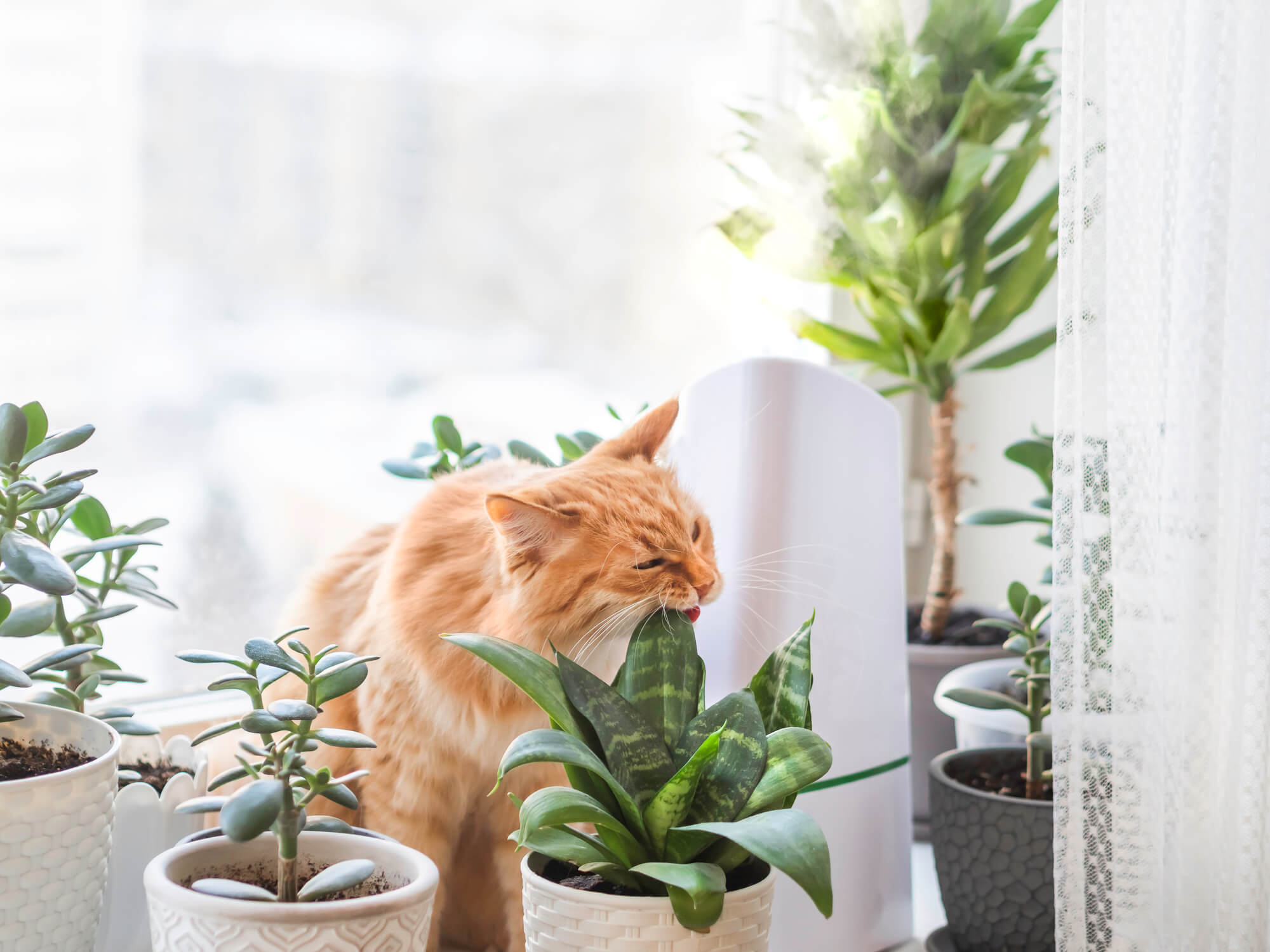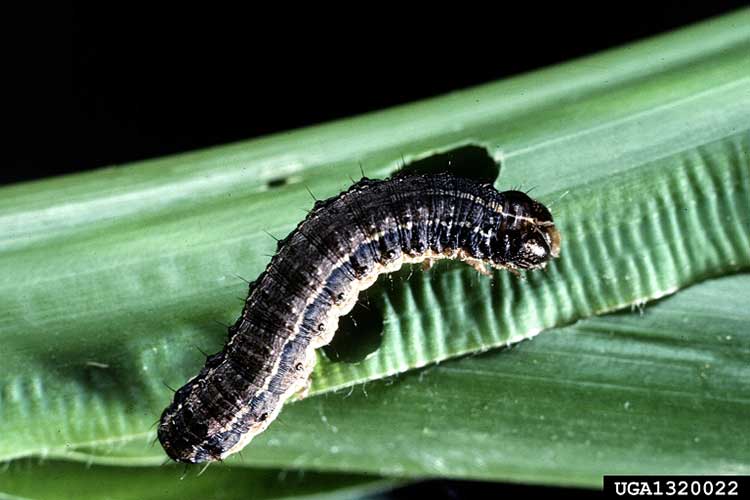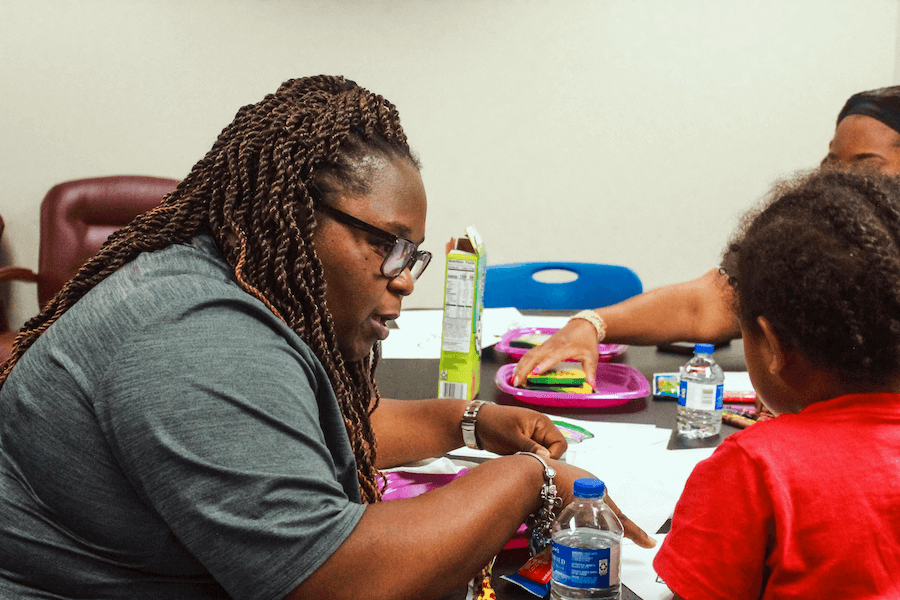 CAES News
CAES News
Home Visiting
At first, she was surprised by the parent's anger toward their children. “How am I going to be helpful here?” home visitor Ashley Maddox wondered. Unsure how to handle this situation, she talked with her program manager who helped her “adjust my lens to see things from a different perspective,” she says, and she kept trying.

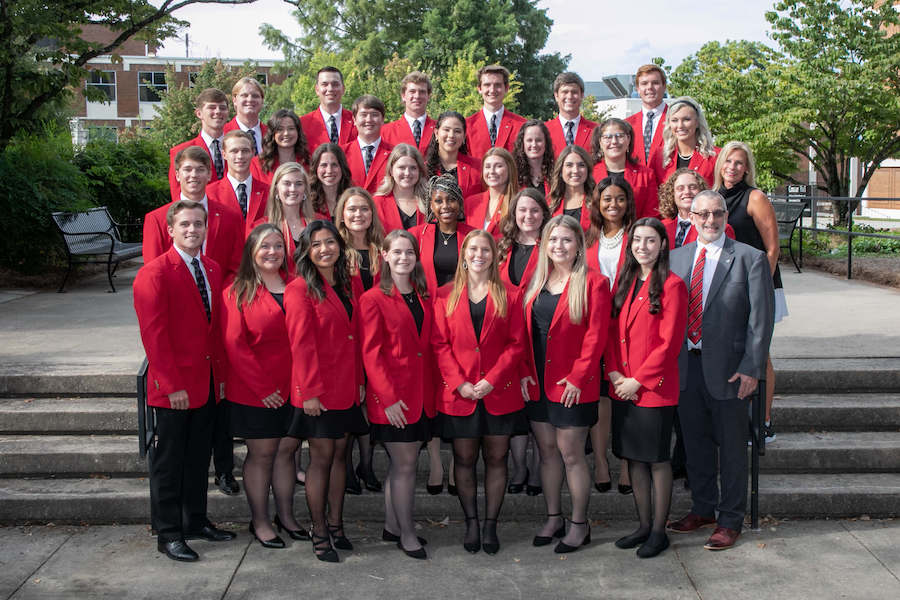
.jpg)
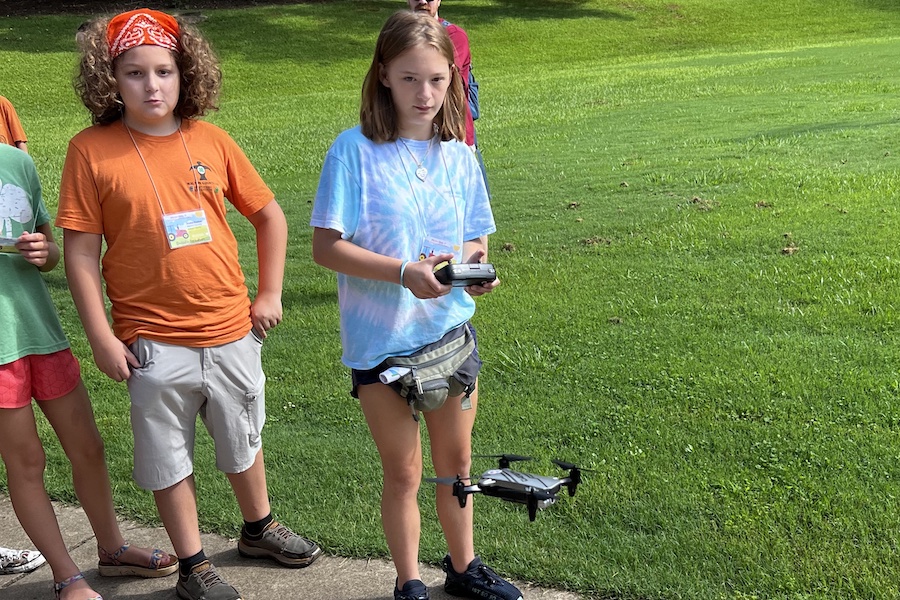
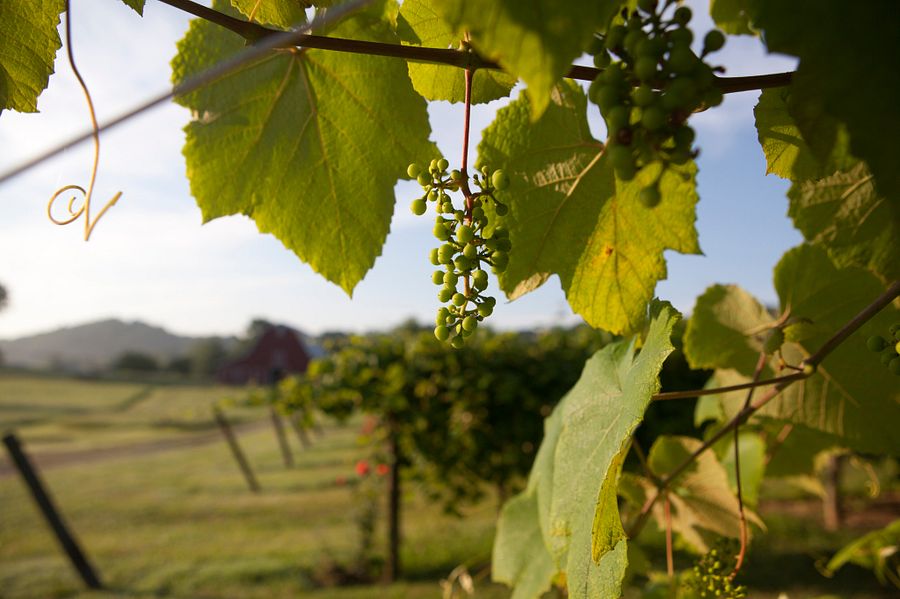
.jpg)
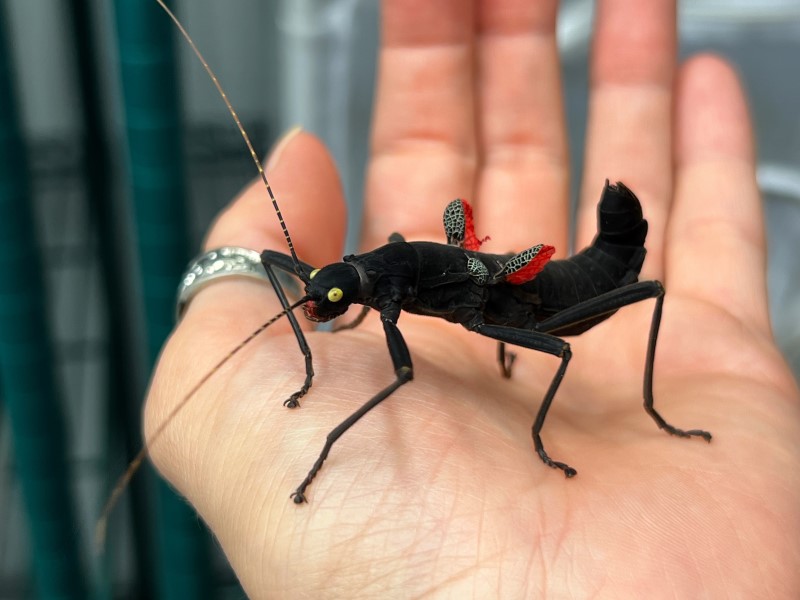
.jpg)
